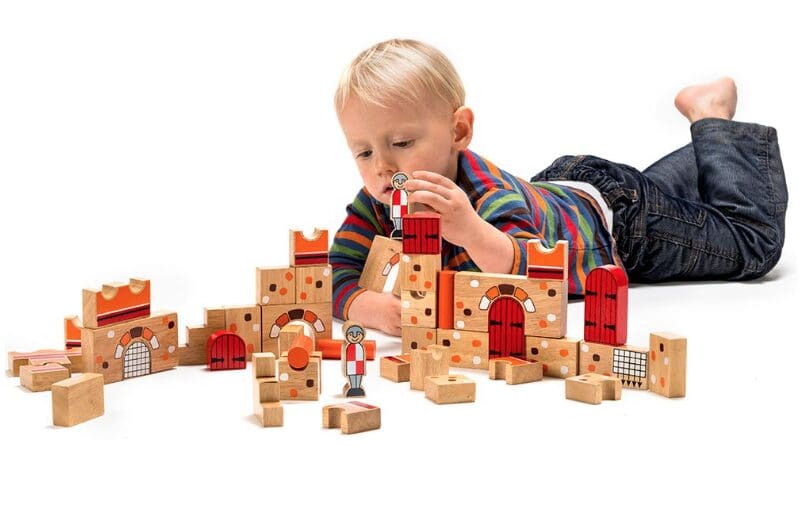Children learn a wide range of skills through play, from physical dexterity to problem-solving. But as an increasing array of toys are labelled ‘educational’, it can be challenging to know how to use them as part of your child’s development. Here are our five tips to make learning games effective and fun.
1. Be realistic
Every child develops in a unique way. As parents, should we be more sceptical about the claims made by some learning games and toys? To create compelling and fun opportunities for learning through play, always be led by your child, not the claims on the box.
Be realistic about your child’s abilities and choose learning games that enhance and track their development. Focus on toys and games that develop physical dexterity and fine motor skills, creativity, problem-solving and language skills in a way your child will love.
2. Take a low-tech approach
In our busy high tech world, it pays to take a low tech approach to learning. Choose educational games and toys that encourage experimentation and creativity, whether that’s setting up a weather station or learning shapes and colours with a wooden mosaic tray.
Encouraging your child to entertain themselves through exploring what interests them teaches resilience, persistence and a genuine love of learning.
3. Create a learning environment
Think of kids educational games as tools in creating a broader learning environment. Focus on buying the games that suit your child’s personality, age or developmental stage and interests, rather than those you’d choose for yourself.
Think about buying toys and games that will help your child discover something new or support independent learning. Research the skills that your child will develop and check reviews and age recommendations. Above all, try and choose the learning games and toys you buy based on whether your kids will enjoy them, not what other people think of them.
4. Encourage imagination
A regular trip to the land of make-believe will help you and your kids get the best out of your learning games.
Take a trip into the Enchanted Forest with brain teasers and logic puzzles for kids, or encourage younger children to play with magnetic mystical characters that develop storytelling and language skills. Developing these skills through playing games supports reading and writing skills later.
You could also encourage adults and younger children to play together using classic wooden learning games like dominoes. These toys will also foster cooperation, turn-taking, problem-solving, pattern recognition and counting skills while having fun.
5. Be your child’s best learning game
Whatever the game you play, the best toy is you. As a parent, the most important thing you can do is have conversations with your child and involve yourself in their world. Questions that encourage them to think and explain are worth far more than spending hundreds of pounds on high tech toys and videos. Toys that only offer a one-way conversation have limited value in the long run.
To make learning games fun and effective, spend time talking with your child. Choose and play games that foster their language development, problem-solving and social skills. And enjoy exploring the world with them. Who knows, you might learn something too!
Find the best learning games for your kids at The Easy Learning Shop
Toys and games are critical for your child’s healthy development, from pre-academic skills to imagination and creativity. At The Easy Learning Shop, we’ve brought together a range of wooden toys and educational games designed to delight, entertain and educate your child.
Shop online or in-store at our Covid-safe traditional toy shop, or get in touch with us today, and we’ll be happy to recommend toys for your child.
